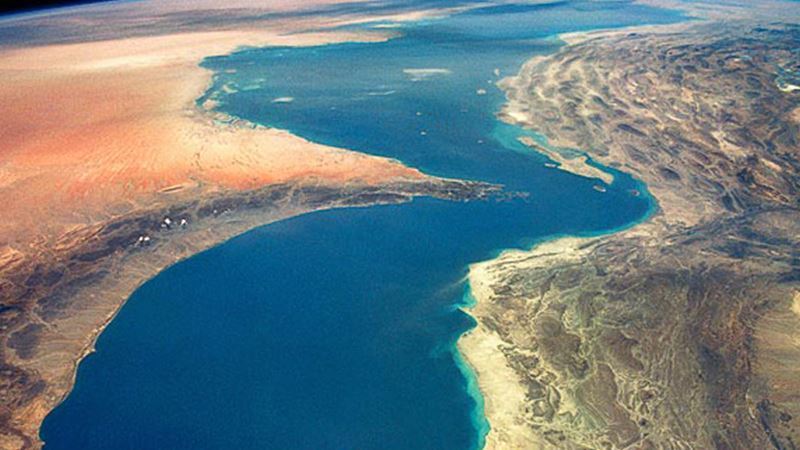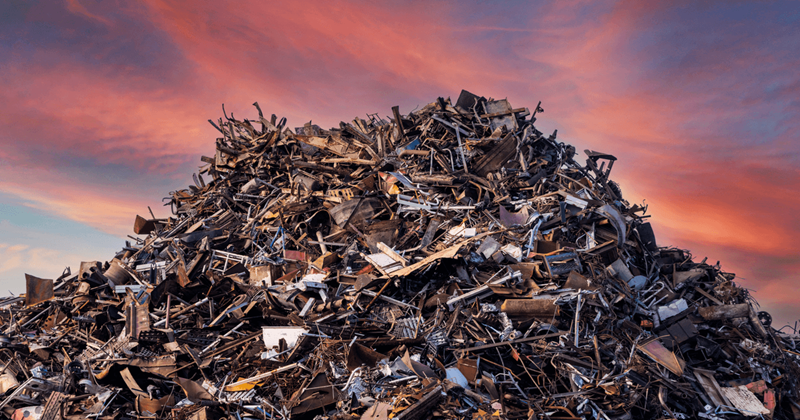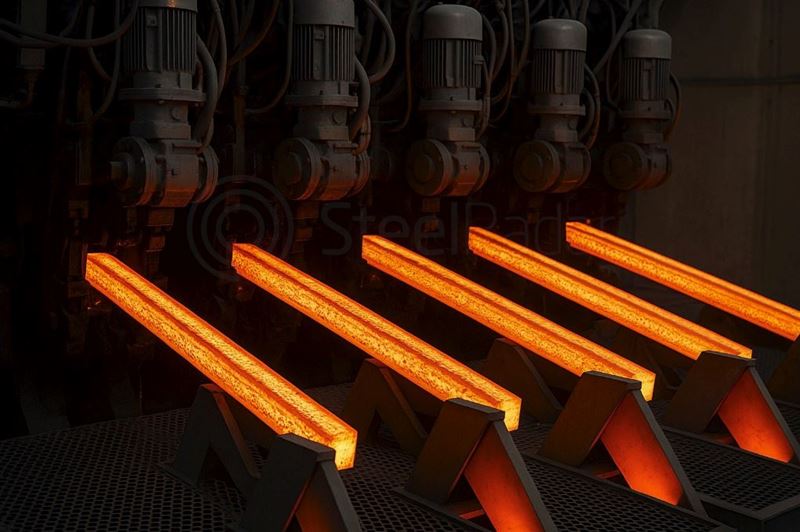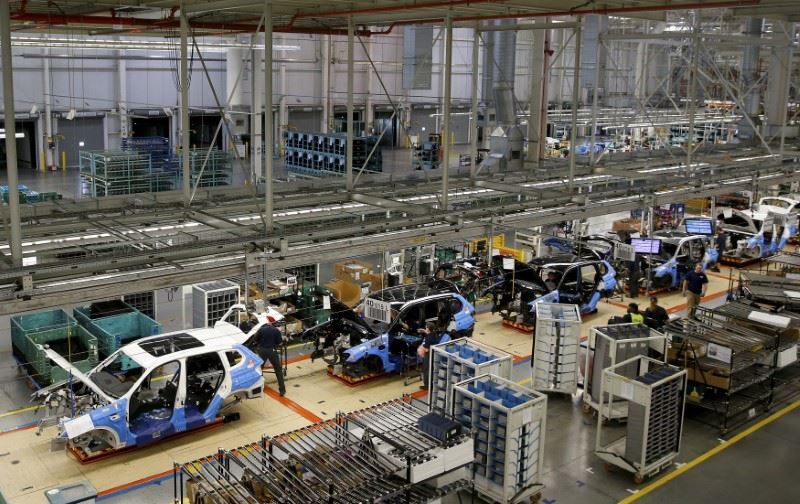Kevseri stated, "The parliament has concluded that the Strait of Hormuz should be closed. However, the final decision is in the hands of the Supreme National Security Council." The statement raised concerns that Tehran might take new steps regarding the critical crossing point.
Iran decided to close the strait after the American attack at a time of escalating tensions. While the US navy's increased military presence in the region is interpreted as a preparation against a possible conflict risk in the Strait of Hormuz, it also deepens the perception of uncertainty about energy supply in global markets.
On average, 18-20 million barrels of oil and a significant amount of LNG pass through the Strait of Hormuz daily. This figure corresponds to about one-third of the world oil trade. In the event of a disruption in the strait, sudden shortages in global energy supply are predicted. Experts say that if the threat becomes official, Brent derivatives may move towards $100/barrel and above; prices have already climbed to the $77-80 band with the risk premium.
The rapid climb in energy prices will lead to an increase in electricity and natural gas costs. The iron and steel sector has a largely energy-intensive production process. This increase will be directly reflected on costs. In particular, arc furnace plants and blast furnace processes will be adversely affected by fluctuations in electricity and gas supply. Expert representatives emphasize that the increase in energy costs will narrow steel production margins and force some producers to turn to supply alternatives and efficiency projects.
Sea transportation costs will also increase. The risk of closure of the Strait of Hormuz may cause tankers to take the Cape of Good Hope route, which will push up freight rates by around 7-10 days of additional sailing time and increased fuel consumption. Increased freight and insurance premiums in the iron ore, scrap-to-finished logistics chain will create volatility in end product prices.
Türkiye and European countries may speed up the search for alternative sources for energy supply security. In the face of rising logistics costs, companies in the iron and steel sector will review their long-term contract and inventory management strategies. Renewable energy investments and energy efficiency projects may come to the fore to alleviate cost pressures. However, as these steps have long payback periods, price pressure is expected to continue in the short term.
Geopolitical uncertainty may lead to postponements in investment plans and revisions in cost projections, while raising the risk premium in the sector. Iron and steel companies will have to update their energy price hedges, supply chain scenarios and cash flow projections as part of financial risk management. Sudden fluctuations in global steel prices may affect competitiveness in export markets and lead to cost increases in local markets.The uncertainty factor will remain until the tensions in the Strait of Hormuz are fully resolved. Companies operating in the iron and steel sector are closely monitoring international developments and making it a priority to be prepared for possible jumps in energy costs.
It is known that Qatar and Saudi Arabia are trying to reduce the tension in the region in order to end the tense atmosphere.









Yorumlar
1 yorum yapıldı